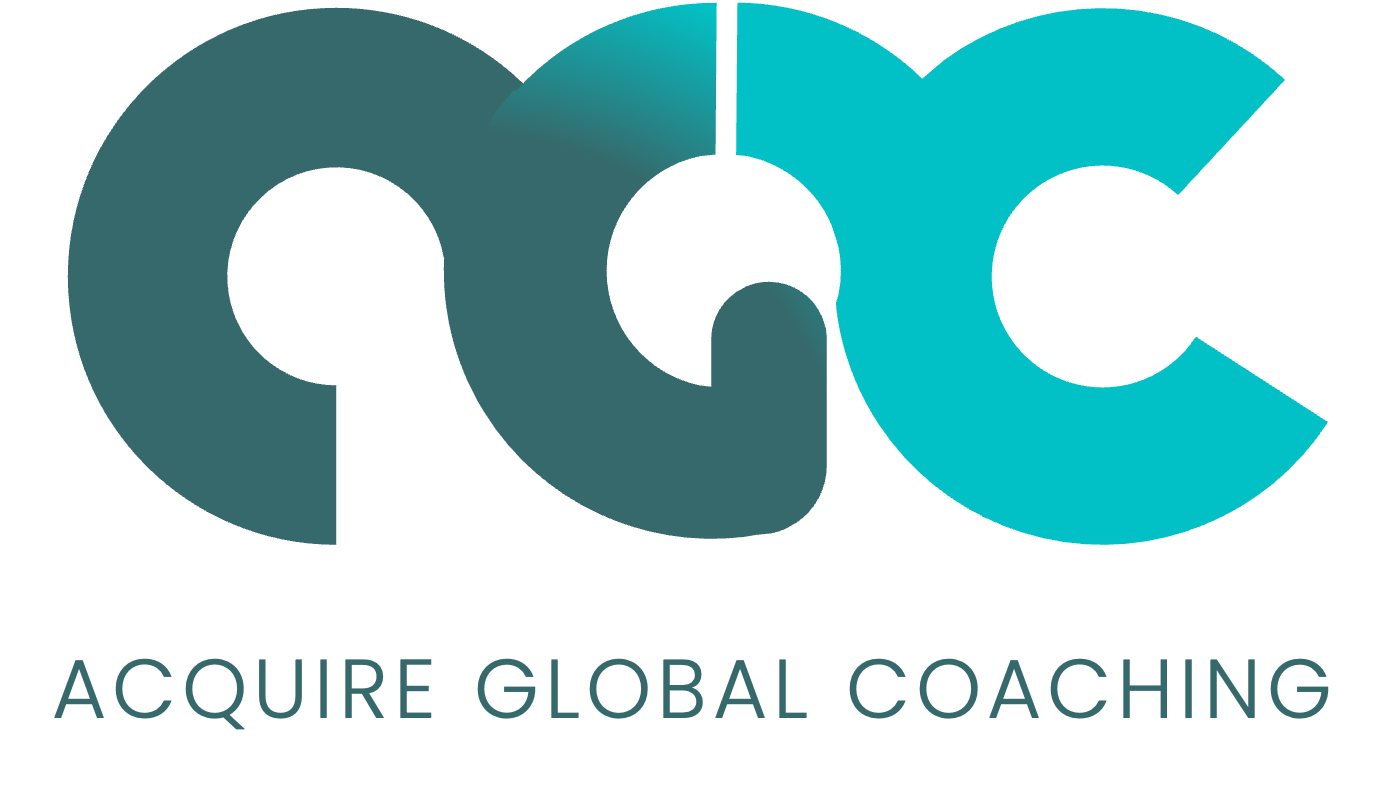Unleashing Unconscious Competence in Leadership
Insights from Jass Malaney, Professional Executive Coach
When learning to drive, the initial phase is often overwhelming. New drivers focus intensely on every action, from pressing the clutch to adjusting the brake, following each step with meticulous care. However, over time, these actions become second nature, requiring less conscious effort as confidence and expertise grow. This transition from conscious effort to unconscious competence is not limited to driving; it is a concept that resonates profoundly in the realm of leadership.
The Journey from Operational to Strategic Leadership
Leaders often start their careers immersed in operational tasks. They diligently handle day-to-day activities, understanding the intricacies of the operational framework. As they climb the organizational ladder, they transition into management roles, overseeing teams and ensuring that operations run smoothly. Eventually, they step into strategic leadership positions, where they are responsible for shaping the vision and direction of the organization.
A Three-Level Framework for Leadership Development
To illustrate the transition from operational to strategic leadership, consider the following three-level framework:
Operational Level: At this stage, leaders focus on mastering the basics of their roles. They are involved in day-to-day activities and develop a deep understanding of the operational processes.
Management Level: As they gain experience, leaders move into management roles. Here, they oversee teams, manage resources, and ensure that operations are efficient and effective.
Strategic Level: In this final stage, leaders develop and execute the organization’s vision and strategy. They leverage their operational and managerial experience to drive long-term success.
This progression mirrors the driving analogy. Initially, leaders focus on mastering operational tasks. Over time, as they gain experience, they develop a level of unconscious competence. They navigate through management challenges and eventually become adept at strategic thinking, seamlessly integrating their operational knowledge and managerial skills to drive high-level results.
The Pitfall of Unconscious Competence
While unconscious competence is a testament to a leader’s experience and expertise, it can also be a double-edged sword. Leaders may assume that their deep understanding of operations and management automatically translates to a comprehensive grasp of current challenges at all levels. However, with rapid technological advancements and evolving workplace cultures, this assumption can be misleading.
Leaders who rely solely on their past experiences might miss out on new challenges and opportunities that arise within their teams. The danger lies in the belief that they have everything covered, potentially leading to blind spots and outdated strategies.
Embracing Curiosity and Continuous Learning
To counteract the pitfalls of unconscious competence, leaders must cultivate a mindset of curiosity and continuous learning. This involves actively engaging with their teams to understand the current operational challenges and exploring innovative solutions collaboratively. Leaders should ask themselves:
Are we aware of the latest technological advancements impacting our industry?
How has the workplace culture evolved, and what are the new expectations of our employees?
What are the specific challenges faced by our operational and middle management teams today?
By asking these questions, leaders can bridge the gap between their unconscious competence and the current realities of their organization. This inquiry-based approach ensures that they remain in tune with the evolving landscape and can lead their teams effectively.
Jass Malaney, a seasoned executive coach, emphasizes the importance of recognizing and navigating the concept of unconscious competence. By remaining curious, continuously learning, and actively engaging with their teams, leaders can ensure that their strategies remain relevant and effective. This approach not only enhances their leadership capabilities but also fosters a culture of innovation and adaptability within their organizations.
Incorporating these insights into your leadership journey can make a significant difference. By understanding the nuances of unconscious competence and embracing a mindset of continuous improvement, leaders can drive their organizations towards sustained success.
For more insights and personalized coaching, contact us today. Discover how you can unlock your full potential and lead with confidence in today’s dynamic business environment.


